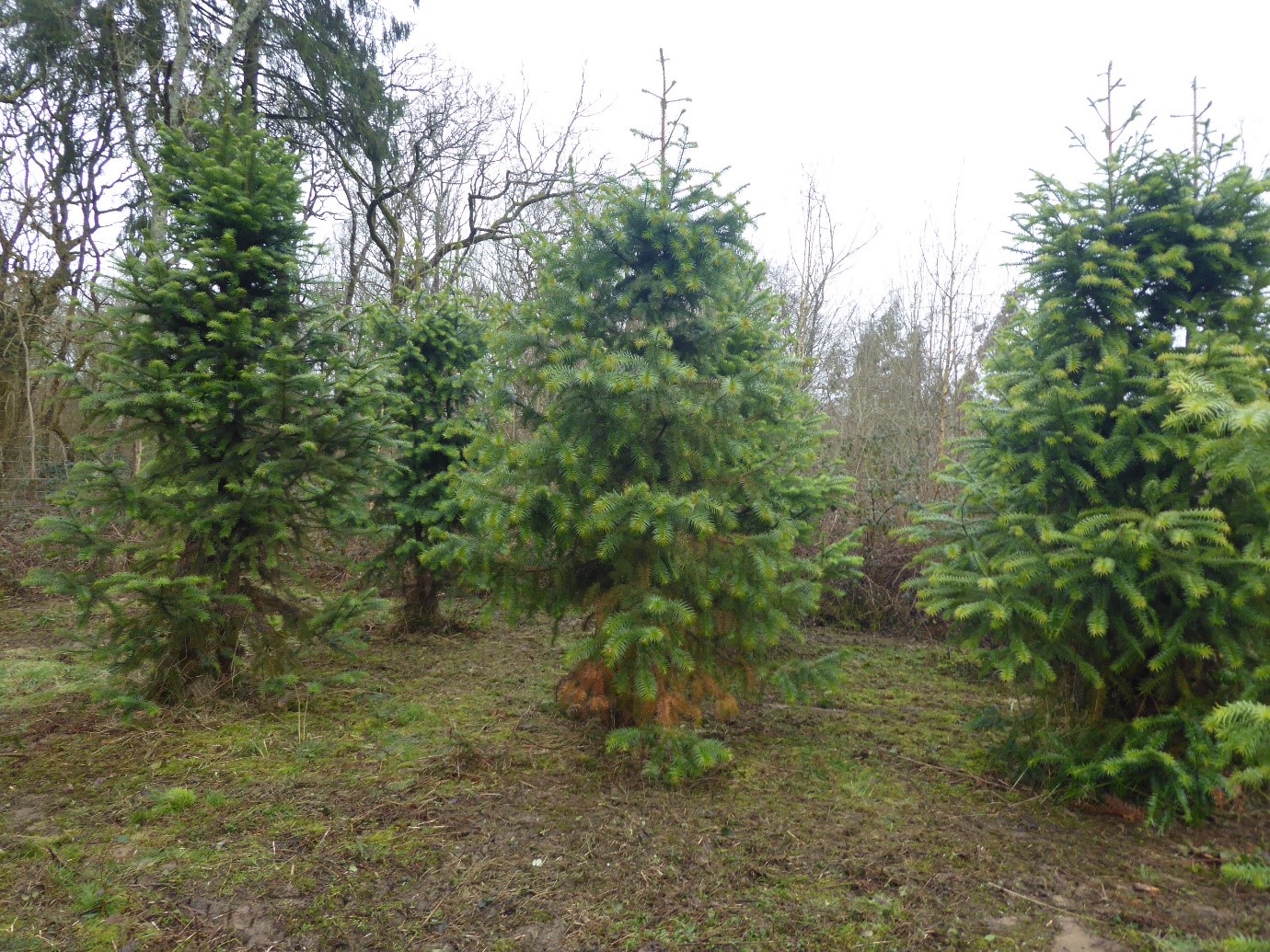
Forestry in Britain is reliant on a small number of tree species and is facing the challenges of climate change and an increasing number of new pests and diseases; this narrow palette of species increases risk. After a 40-year gap in large scale species trials a new series were established in 2012.
The first was in partnership with an EU project, ‘REINFFORCE’ which would examine forest species adaptability to climate change along the Atlantic coast region of Europe. This 4-year project established 38 species trials throughout the region from the Azores to the Isle of Mull in Scotland; three sites are in Britain. To complement this project the Forestry Commission funded additional trials to ensure better coverage of different climatic regions in Britain because the geographic focus of REINFFORCE was the western Atlantic areas of the country.
A review was undertaken at 5 years of growth to examine the initial results. The two series of trials established amounted to 42 species and 116 provenances on five sites across England, Scotland, and Wales. To get an overall early picture and be concise, the results are only reported at the species level. Of the species assessed; seven exceeded expectations (holm oak, incense-cedar, oriental beech, cork oak, Weymouth, loblolly and stone pines) fifteen did as expected and nine performed below expectations. The results so far do not tell the full story and it is important that poorly performing species are not summarily dismissed as a variety of factors will have had an impact.
The trials will be reassessed at 10 years and the data reviewed at the species and provenance levels. With the inclusion of data from the wider REINFFORCE network the larger picture on climatic variations and future species choice will start to become evident.
For more Information:
By: Chris Reynolds et.al. (Forest Research)

